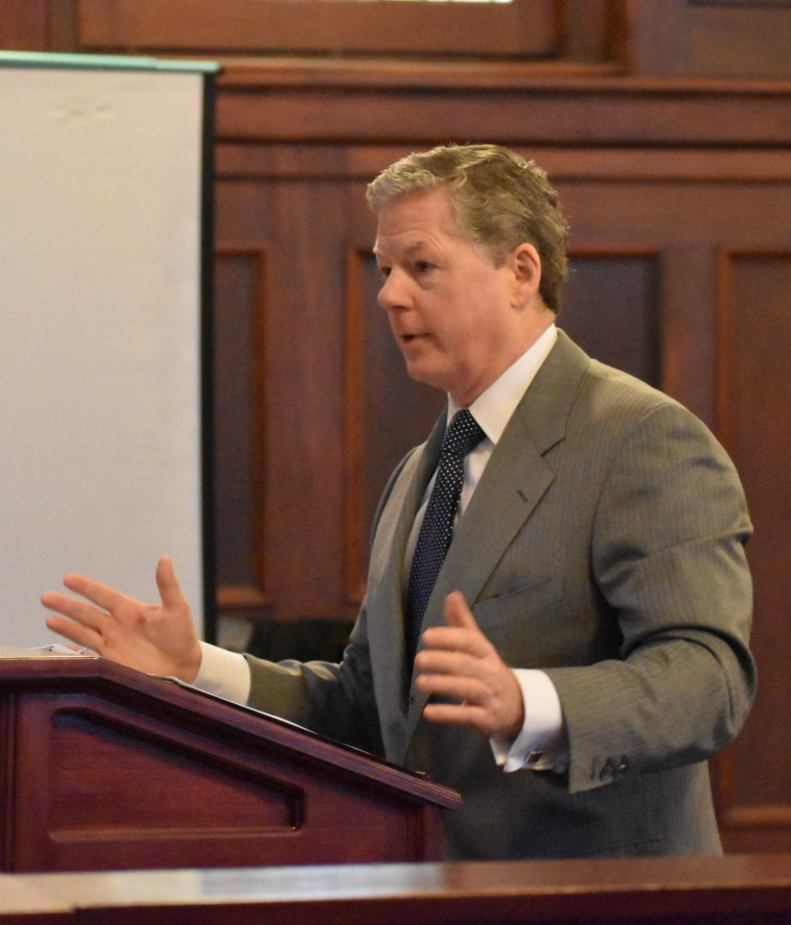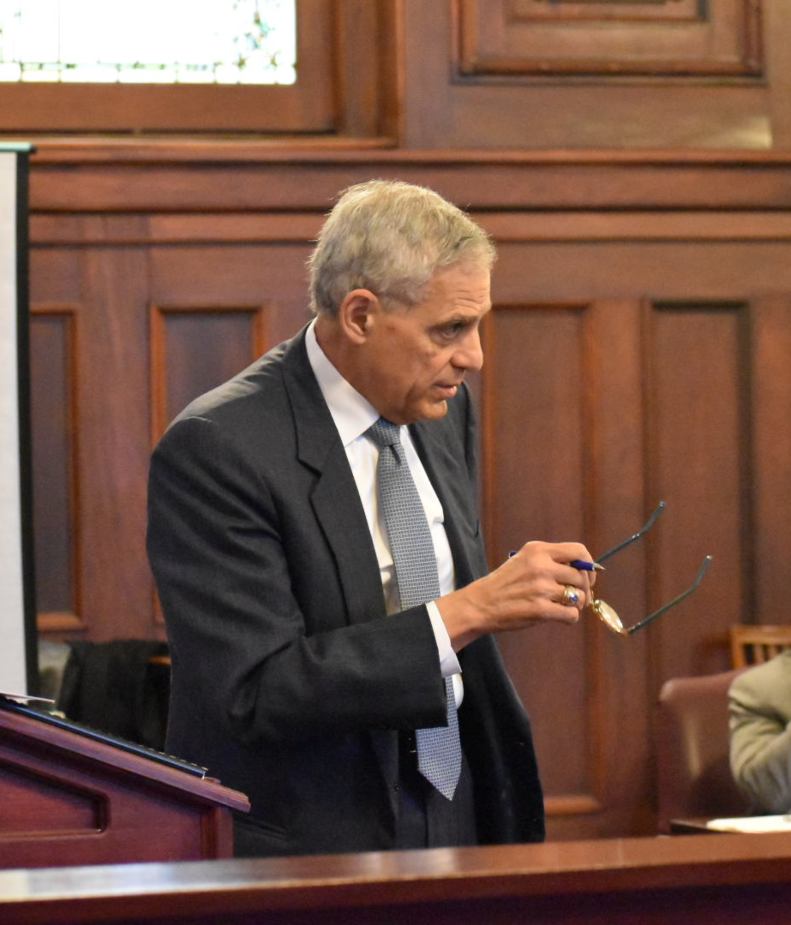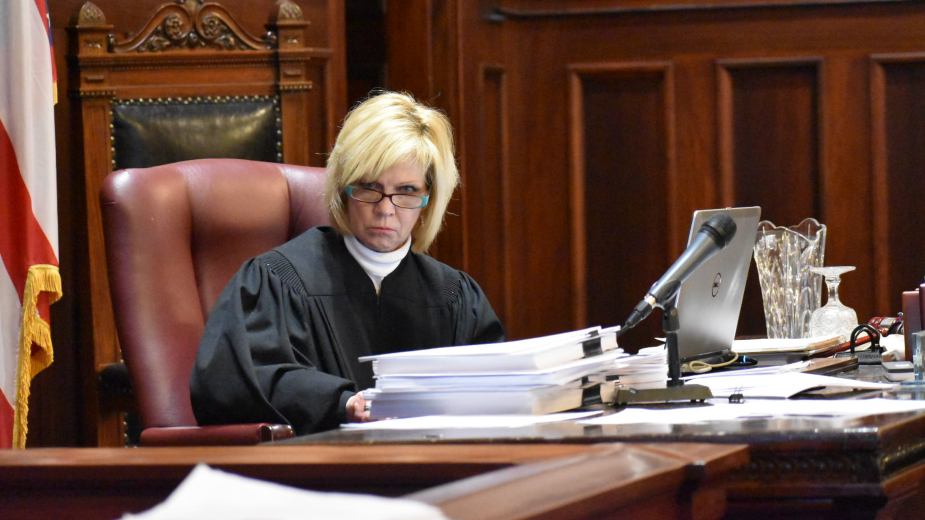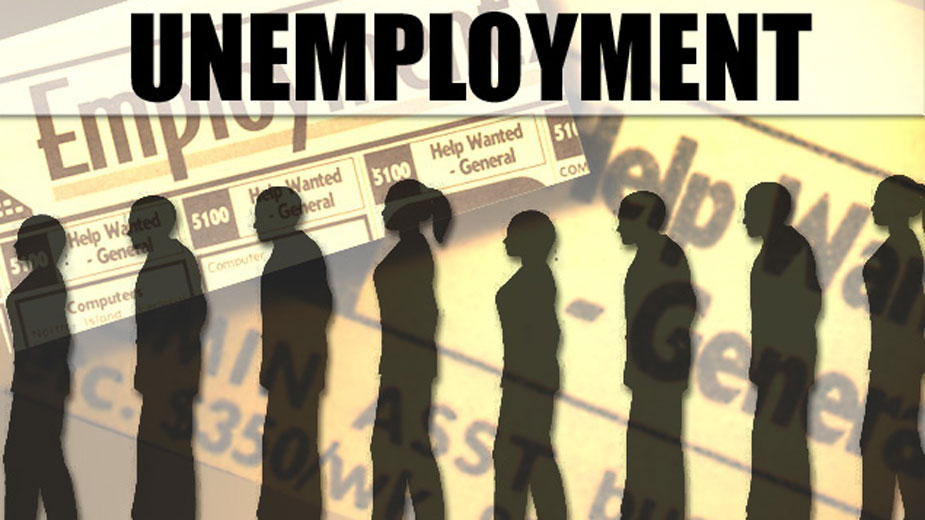Former Marchionda Attorney Testifies on Third Day of Pretrial
YOUNGSTOWN, Ohio – A pretrial hearing in the corruption trial of developer Dominic Marchionda and former city Finance Director David Bozanich will spill over into a fourth day Thursday.
Attorney Stephen Garea testified for most of Monday’s session in Common Pleas Judge Maureen Sweeney’s courtroom. Sweeney is considering various motions to dismiss charges in the 101-count indictment and disallow evidence based on questions of attorney-client privilege and statute of limitations.
At the start of Monday’s hearing, Sweeney acknowledged that the court had received the amended bill of particulars she had requested at the end of Friday’s abbreviated hearing. She ordered prosecutors to produce the document during questioning that attempted to establish a time frame for 80 to 100 meals allegedly purchased for Bozanich by Ray Briya, former chief financial officer for MS Consultants, one of three witnesses who had been expected to testify yesterday.
Instead, Garea, the first witness of the day, took the stand and was questioned until about 3:35 p.m.
Garea, who requested not to be photographed, testified that he worked with Marchionda from 2009 to 2016, having met the developer when playing golf sometime before then. During a rainout, Marchionda asked him to take a drive with him and look at a student housing project he was developing near Youngstown State University, which eventually became the Flats at Wick.
Marchionda enlisted Garea to work on Flats at Wick, providing services that included negotiations for property acquisition and working with potential financing sources. Garea later learned that Marchionda believed he represented “clients who had money,” who could be potential sources for future investment.
At one point, Marchionda needed around $200,000 to $300,000 for the Flats at Wick. Garea met with Bozanich, then city finance director, but was told there was no more assistance that the city could provide for the project and informed Marchionda of that.
Garea also informed officials at B&B Contractors and Developers – which had been subcontracted by project general contractor Rubino Construction to perform those services — that it didn’t “look good for this project” without some assistance coming.
B&B’s president, Phillip Beshara, asked if Garea thought it would help if he went to talk to city officials and he said he thought it would, as Beshara raised “a lot of money for Democrats.”
Following an appointment between Beshara and Bozanich, Marchionda received a $1.2 million grant in December 2009 from the city for water and wastewater improvements associated with the project from the city‘s economic development department, which was under Bozanich. Legislation also was passed authorizing the city to sell a fire station on the North Side to Marchionda for $1 million, money that Bozanich could then use to support the city’s ailing general fund.
Garea acknowledged that “everyone” understood the city would get the $1 million from Marchionda after he received the $1.2 million grant. “When I said, ‘everyone,’ I think it was public record,” he said.
Garea said he did not have any role in causing Beshara to pay a $20,000 bribe the B&B official testified last Friday that he gave to Bozanich.
Garea subsequently worked with Marchionda on his Erie Terminal and Wick Tower projects, along with others that didn’t come to fruition. After some work Garea had performed on the Flats project went unpaid, Marchionda told him to apply that to the invoice for his work on Erie Terminal.
The Erie Terminal invoice was $35,000, no more than $15,000 of which was for work related to that project, Garea testified.
After Marchionda received the $1.2 million grant in 2009, Garea “scratched” – or waived – his fees for about $7,000 in legal services he had performed the year before for Bozanich’s then-wife, Joyce. He later said that he did so because he expected that Marchionda would pay him for the work he had performed for the developer. He said Bozanich did not request it.
“I was happy Dominic got his additional money,” he said. “I had a better chance to get paid.”
John McCaffrey, who is representing Marchionda and several of his companies, questioned Garea about whether material relevant to Marchionda was on computers, tablets and digital storage devices taken by investigators from Garea’s home and office in July 2017.

Much of the day’s questioning consisted of sparring about what constituted privileged communication. Garea testified that many of the services he provided to Marchionda constituted both legal advice subject to attorney-client privilege and business consulting not covered by privilege, a position that frustrated defense attorneys for Bozanich and Marchionda.
Stephanie Anderson, a prosecutor with the Ohio Attorney General’s office, frequently questioned the attorneys’ standing to challenge Garea’s testimony on privilege or statute of limitations grounds.
Questioning also centered on $66,700 in cash found in Garea’s closet, the bulk of it he said was accumulated over 10 or so years and part of it from golf winnings over the prior couple of weeks. When McCaffrey said the issue of the cash was relevant to trolling agreements that were in place, Anderson again objected on the grounds that it wasn’t up to Marchionda to raise the issue.
Later, Bozanich attorney Ralph Cascarilla questioned why Garea – who said his goal was to accumulate $100,000 for his retirement – did not place the money in a bank, where it could accumulate interest, or invest it. He questioned whether it was because some of the money was raised by illegal activity.
Investing the money might result in losing some of it, Garea said.
“I’m not a big truster of banks,” he added.

After Garea stepped down, Anthony Sano, who retired in April 2018 after 21 years with the Federal Bureau of Investigation, most recently in Youngstown, testified Bozanich was one of those he investigated. During the course of his investigation of Bozanich, he said he learned about the meals Briya allegedly purchased for the city official.
During the investigation, Briya told Sano that he and Bozanich were friends and sometimes went to lunch together, with one or the other paying. From the Ohio Auditor of State’s office or Dan Kasaris, a senior assistant Ohio attorney general also prosecuting the Bozanich and Marchionda cases, he said he learned of the “underlying purpose” of the meals.
He also said he learned that MS Consultants had prepaid for Bozanich’s attendance at golf outings, which Bozanich reimbursed the company for. Briya then paid the reimbursement money back to Bozanich, which he also learned from Kasaris’ office or Chris Rudy, an investigator for the auditor’s office.
U.S. Attorney David Toepher objected to Cascarilla’s questioning of Sano regarding a federal grand jury subfile related to his investigation, on the basis Sano was not authorized to identify, authenticate or testify about any documents outside the scope of the matters about which he had just testified.

Cascarilla then sought to have Sano’s entire testimony stricken from the record. “The witness is not susceptible to reasonable cross examination,” he said.
Cascarilla is free to question Sano about what he knew and didn’t know about the golf or meal issues, Kasaris said. “I don’t know what relevance anything in [the subfile] has to do with whether or not Tony Sano knew that Ray Briya was kicking the money back to Dave Bozanich or for what purpose Ray Briya was providing the meals and benefits to Dave Bozanich,” he said. I don’t think any of that’s here.”
Challenges continued over Sano’s ability to testify regarding FD-302 reports, or reports of investigations, leading to a compromise where the reports would be reviewed for authenticity and admissibility.
In addition to the bill of particulars submitted Monday, Sweeney will review a DVD with the proffers the state made with Garea and the documents investigators used to question him.
The hearing will resume Thursday, with Briya among those expected to take the stand.
Pictured above: Judge Maureen Sweeney hears testimony from former Marchionda attorney Stephen Garea, who requested not to be photographed.
Copyright 2024 The Business Journal, Youngstown, Ohio.



